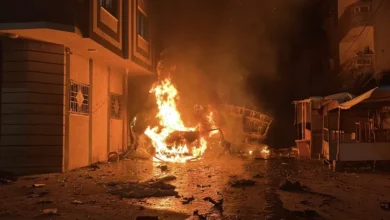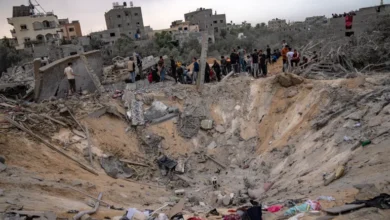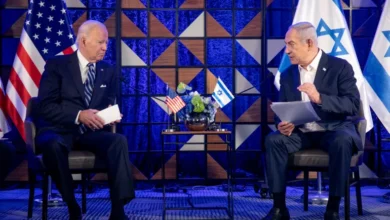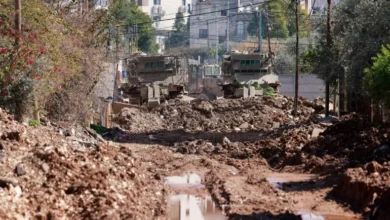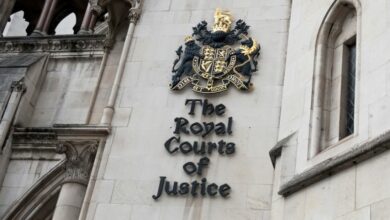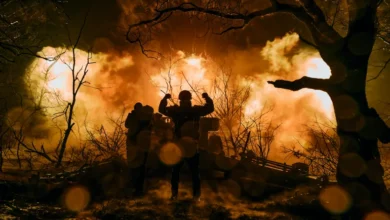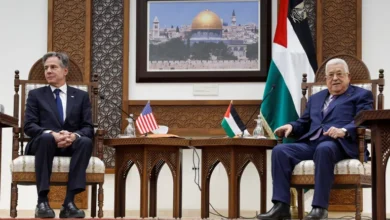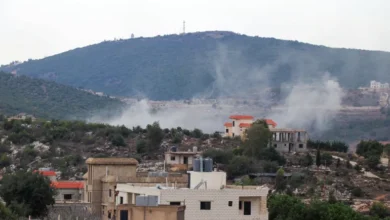We can power our future by breaking free from the tyranny of fossil fuels
Christiana Figueres
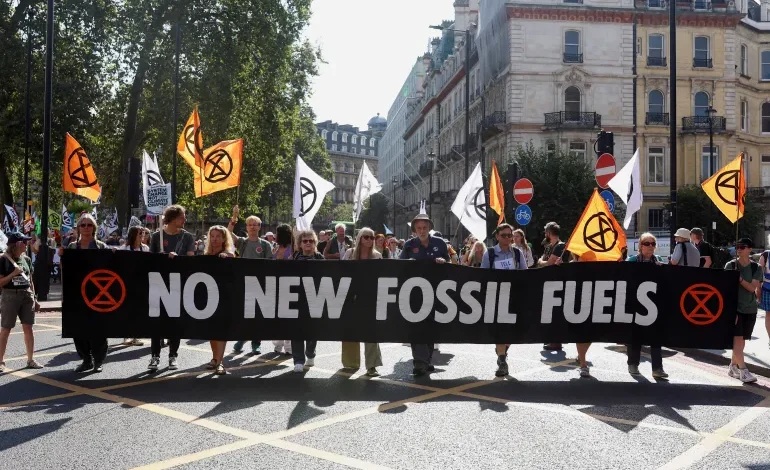
Christiana Figueres
We stand on the brink of a defining moment in human history. The decisions we make today will shape the world our children and their children will inherit. As we approach the Summit of the Future to be held on September 22-23 at the United Nations Headquarters in New York and consider the Pact for the Future, prepared by governments under the baton of the UN, we must confront an uncomfortable truth: the continued exploitation of fossil fuels is not just an environmental issue – it’s a brazen theft of our collective future.
The recent surge in fossil fuel company profits – a staggering $281bn since the Ukraine war began – may be celebrated by the industry, but for the rest of us, they are a stark reminder of a system that prioritises short-term gains for the few over the long-term survival of us all.
These profits are not just numbers on a balance sheet; they represent stolen opportunities, fires that burn up homes, fumes that poison our bodies, deadly heatwaves that kill indiscriminately, and vanishing coastlines that displace whole communities: a destabilised climate that threatens the very fabric of our societies.
The Summit of the Future and the Pact for the Future offer us a unique opportunity to rewrite our story. These initiatives recognise that the wellbeing of future generations must be at the heart of our decision-making today. They call for a world of peace, solidarity, and dignity – a world that is simply incompatible with the continued dominance of fossil fuels.
It is therefore no surprise that 77 Nobel laureates and world leaders signed an open letter calling for the transition away from fossil fuels to be firmly part of the pact. In their letter they noted: “If the Summit of the Future does not address the threat of fossil fuels, it will not be worthy of its name, risking undermining a once-in-a-century opportunity to restore trust in the power of international cooperation.”
The Summit and its Pact for the Future are kindling renewed confidence in multilateralism today. But that confidence cannot come at the cost of a stable future.
The transition away from fossil fuels is not just about changing our energy sources; it is about reimagining our relationship with the planet and each other. It is about creating a world where prosperity is measured not by the profits of a few, but by the wellbeing of the many.
Imagine a world where every child breathes clean air, where economic decisions prioritise the wellbeing of people, societies and the planet, where energy is abundant, clean and accessible to all. This is not a utopian dream – it is a necessity, and it is within our grasp. We can change the course of what we have called development. But to achieve it, we must act with the urgency this moment demands of us.
In preparation for the Summit of the Future, a Declaration on Future Generations has been drafted by UN member states in consultation with Indigenous and youth groups, civil society actors, scholars and others, and will be voted on by summit attendees as one of its outcomes. The current draft rightly emphasises our duty to preserve a liveable planet. How can we claim to honour this duty while continuing to burn the very fuels that jeopardise that future?
To those profiting from fossil fuels, I say this: your ingenuity and resources are desperately needed to build up the clean energy systems we need now. To governments: I urge you to not only adopt an ambitious Pact for the Future, but to align your policies with its vision of sustainability, equity and intergenerational solidarity. And to every individual reading this: remember your power. Your choices, your voice, your vote – these are the tools with which we will build our future.
We are the farmers of the future, and the seeds we plant today will determine the harvest our children reap. The just and equitable path away from fossil fuels is the path of love – love for our planet, love for humanity and love for the generations to come. It is a path that requires courage, innovation and, yes, stubborn, relentless optimism.
The eyes of future generations are upon us. They ask, “What did you do when you knew?” Let our answer be that we rose to the challenge. That we chose a future of clean air, a stable climate and shared prosperity. That we loved fiercely enough to change course when it mattered most.
This is our moment. Let us seize it with all the determination, creativity and hope we can muster. The future – free from the tyranny of fossil fuels – is ours to create. Together, we can and we must build a world worthy of our children’s dreams.
